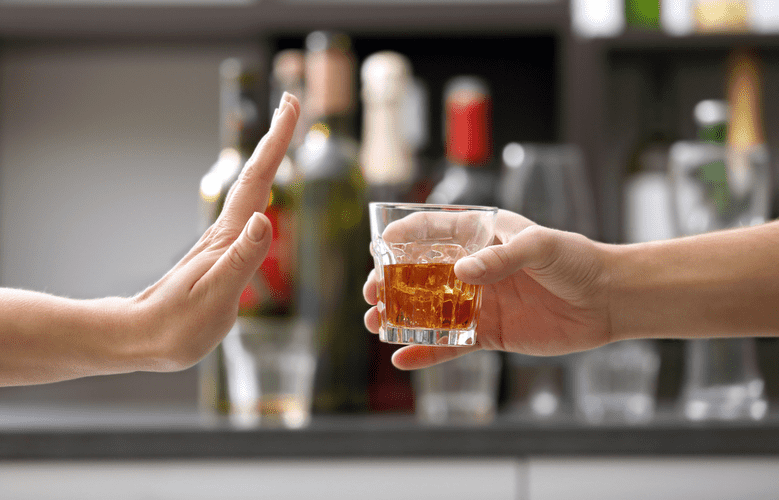Unmasking the Covert Narcissist: Addiction Warning Signs
It’s crucial to remain vigilant and trust your instincts when navigating relationships with individuals exhibiting such behaviors to protect yourself from potential Narcissistic Abuse. Covert Narcissists are masters of deception, often masking their true intentions behind a facade of charm and charisma. Their narcissistic behavior is characterized by a constant need for validation and admiration, coupled with a lack of empathy for others. It can be challenging to spot them at first, as they excel at manipulating situations to suit their agenda. The intricacies of dealing with a covert narcissist require a delicate approach that considers the complexity of their tactics. As we navigate through the layers of their deceptive facade, it becomes evident that understanding their subtle behaviors is key.
Recognizing Signs of Narcissism and Alcohol Use
- When dealing with a covert narcissist struggling with addiction, it’s essential to implement specific strategies tailored to address both the narcissistic tendencies and the addictive behaviors.
- Otherwise, there will be no blackout or brownout, no matter how much you drink.
- Over half of the adults in the United States have consumed an alcoholic beverage in the past month.
- When it comes to diagnosing narcissism and alcoholism, mental health professionals may use the Diagnostic and Statistical Manual of Mental Disorders (DSM-5) as a guide.
For AUD, group approaches such as AA and other twelve-step addiction programs are common. Alcohol use disorder is a type of substance use disorder where a person cannot control or stop their alcohol use. Living with or supporting a narcissistic alcoholic requires specific strategies. These approaches focus alcoholism symptoms on self-care, boundary-setting, and building a strong support network.
What are the warning signs of addiction in covert narcissists?
- He gets rid of his covert label and he becomes full-fledged narcissist, a member of the fraternity of the elite, the future rulers of the world.
- One startling statistic reveals that 70% of individuals with narcissistic personality disorder also struggle with substance abuse.
- Narcissistic Personality Disorder (NPD) is a mental health condition defined in the Diagnostic and Statistical Manual of Mental Disorders, 5th Edition, Text Revision (DSM-5-TR).
- Alcohol abuse exacerbates these traits, causing mood swings and unpredictable behavior.
- Support from loved ones can help people with NPD or AUD change their behavior and work toward recovery.
It is normal for people to become overly proud of themselves on occasion, but it is an entirely different problem if they have narcissistic personality disorder. A person with this disorder will do whatever it covert narcissist alcoholic takes to defend their fragile perception of themselves, typically by exaggerating it and forming a group of admirers that they can rely on. These admirers may even feel somewhat addicted to narcissist, stuck in a co-dependent relationship that could be enabling if that person is a narcissistic addict.
What treatment looks like

Alcohol renders the alcoholic much more sociable, for example, much more grandiose, much more sociopathic, to use a colloquial term. But all these behaviors are very difficult to get rid of and to treat because alcohol is adaptive. And this is also why recidivism is as high as 60 percent within the https://ecosoberhouse.com/ first year after rehab. Problem drinkers are people who resort to alcohol in order to regulate emotions and moods, but they are not addicted to alcohol. Only when they have a mood that they wish to eradicate or when only when their emotions are out of control and they overwhelm them, only then do they use alcohol.
Being close with an alcoholic narcissist can be emotionally draining, and it’s crucial to take care of yourself. The narcissist-like behavior of some alcoholics may only be a result of their addiction—it may not be how they really are when sober. A dual diagnosis (or co-occurring disorder) is when one person has a mental health disorder along with a drug or alcohol abuse problem.

And so the narcissist has addictive personality and he found the drug, it’s called narcissistic supply. He will become a love addict, a sex addict, or he will do drugs, or he will begin to shop recklessly. So all these piggyback, piggyback on the primary addiction, on the primary dependence on narcissistic supply, it’s an addictive personality, is an addictive personality. An inverted narcissist is a narcissist, it’s a codependent with narcissism. A covert narcissist is a passive-aggressive with narcissism, these are narcissists. The typical body language of the covert narcissist is containing, is restrictive and constrictive.
Healthy Coping Skills

In the case of an alcoholic narcissist, these patterns are often intensified by alcohol use, creating a cycle of denial and conflict. Because these surface behaviors overlap, it’s easy to conflate them—especially during or after drinking episodes. By Michelle PugleMichelle Pugle writes health articles for award-winning websites, as seen in Healthline, Verywell, Everyday Health, and Psych Central.
Napsat komentář